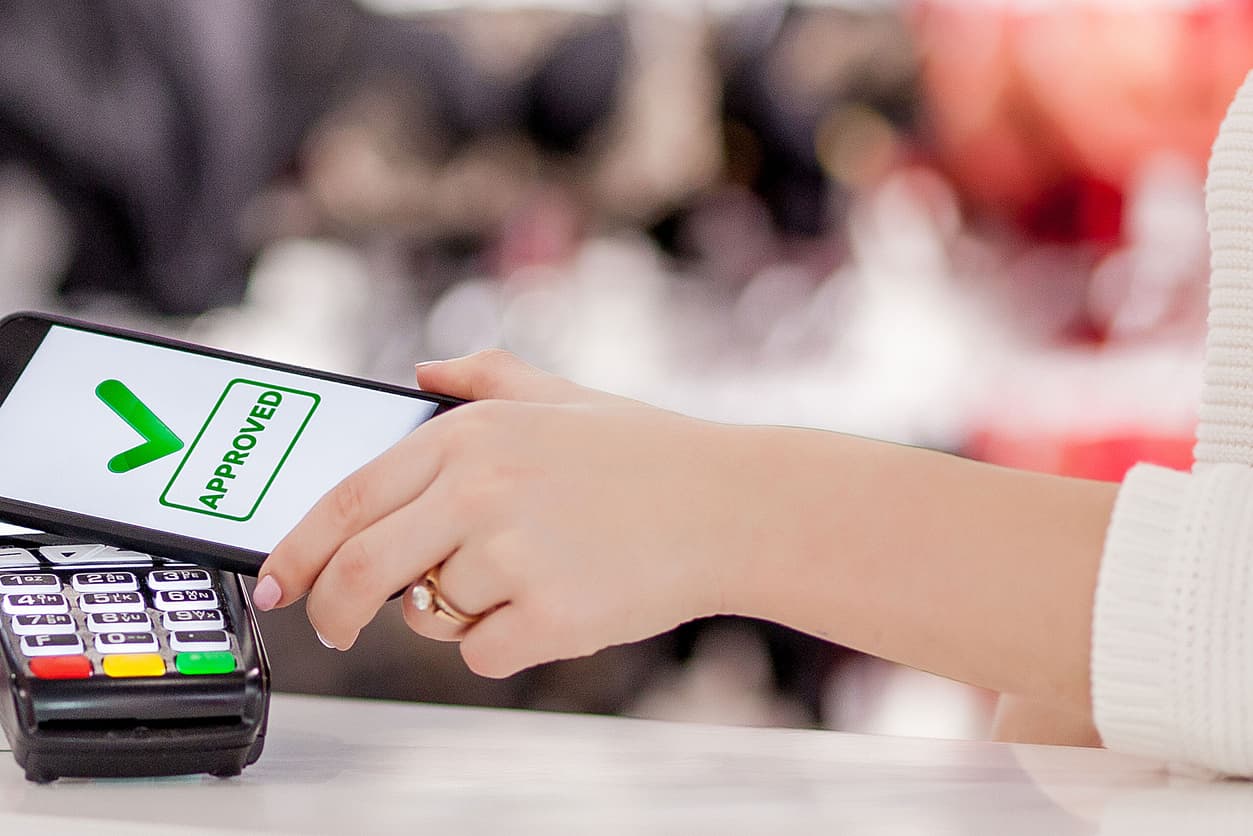- A POS (point-of-sale) system makes accepting payments more flexible and captures customers' data, including personal and billing information.
- A CRM (customer-relationship management) system is where businesses organize and manage their customer interactions to build better relationships.
- Integrating POS and CRM systems merges the process of collecting and managing customer data. This way, you have a single collection point for all your data needs.
What is a CRM System?
A CRM system enables enterprises to organize customer data and manage their interaction with existing and potential customers. Businesses use CRM systems to keep track of their interactions, obtaining such customer data as contact information, purchase history, billing addresses, and other transaction notes. A CRM system can build lasting customer relationships, improve customer service, and streamline processes. They also provide actionable insights and integrate with social-media channels. Because all information is consolidated there, it’s accessible to everyone in your organization. Cloud-based CRM systems offer flexibility and easy access to all departments.What is a POS System?
A point-of-sale (POS) system processes customer payments for goods or services. POS systems exist at payment terminals in brick-and-mortar stores or checkout portals for virtual retailers. The system combines hardware and software. While traditional POS systems only process payments, modern solutions provide more features and functionality. Today's systems monitor sales, process credit-card and contactless payment methods, help inventory management, and integrate with other systems such as accounting and CRM programs. By integrating POS with CRM, businesses automatically capture CRM sales data, thus eliminating the need for manual data entry. Consequently, they'll save time and money and eliminate data-entry errors.CRM-Enabled POS System
A POS system with integrated CRM features provides a powerful system that merges inventory management, sales, and customer management on one platform. Data captured during a transaction is automatically transmitted to the CRM. Every service request, sale, billing and shipping address, customer complaint, and contact information are logged in, creating a detailed customer profile. In addition to storing customer data, these systems can generate marketing-related reports and analyses based on the merged data. Other functions that a CRM-enabled POS system performs include:- Integrating various channels, such as social media and email for engaging with customers
- Storing customer data
- Generating reports and forecasting sales and inventory data
- Aligning customers with loyalty programs, discounts, and product offers
- Providing insights to inform marketing decisions
- Tracking customers' journey and purchase history
